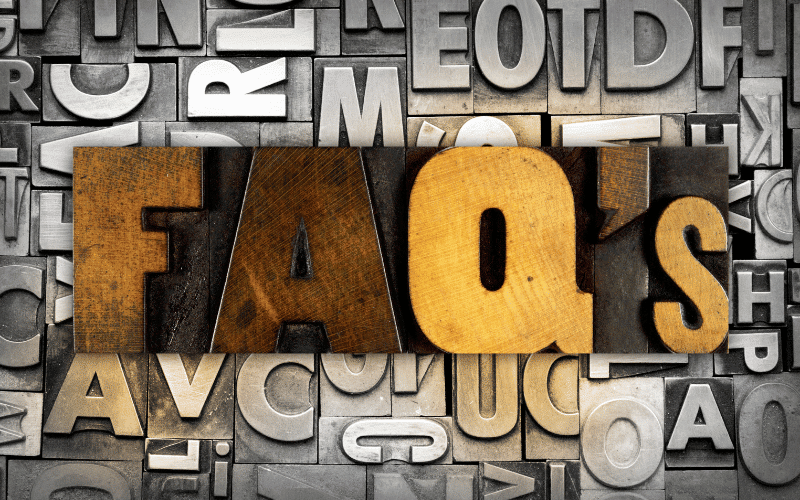Frequently Asked Questions

1. What is Post-Concussion Syndrome (PCS)?
Post-Concussion Syndrome is a complex disorder that can occur following a concussion, which is a type of traumatic brain injury. The symptoms can include headaches, dizziness, fatigue, irritability, anxiety, insomnia, loss of concentration and memory, and noise and light sensitivity. These symptoms can last for weeks or months after the injury that caused the concussion.
2. How long does Post-Concussion Syndrome typically last?
The duration of Post-Concussion Syndrome varies greatly among individuals. Some people may recover within a few weeks, while others may experience symptoms for several months or even longer. Generally, most people recover within 3 to 6 months.
3. How is Post-Concussion Syndrome diagnosed?
Diagnosing Post-Concussion Syndrome can be challenging because the symptoms are similar to other conditions like depression and chronic fatigue syndrome. There’s no specific test for PCS. Doctors usually diagnose it based on a history of a head injury and ongoing symptoms.
4. How is Post-Concussion Syndrome treated?
There is no specific treatment for PCS. Instead, treatment focuses on managing the symptoms. This can include medications for pain, therapies for mental health conditions like depression or anxiety, and lifestyle changes such as getting regular sleep and taking time to rest and recover.
5. Can Post-Concussion Syndrome be prevented?
While you can’t prevent a concussion entirely, certain precautions can lower your risk of getting one. Wearing protective gear during sports activities, buckling your seatbelt in the car, and preventing falls at home are a few steps you can take. If you’ve had a concussion, it’s crucial to give your brain time to heal to avoid another injury.
Conclusion: Understanding Post-Concussion Syndrome
As we bring our deep-dive exploration to a close, it becomes clear that the landscape of Post-Concussion Syndrome (PCS) is vast and varied. From persistent headaches and dizzy spells to emotional disturbances such as irritability, anxiety, and depression, the repercussions of a concussion can echo long after the initial event. This complexity makes PCS a challenging condition to navigate, not only for those who suffer from it but also for their families, friends, and healthcare providers. Awareness and understanding are critical allies in tackling this condition.
Equipped with the knowledge of these ten symptoms, we can approach PCS with greater insight and empathy. Every struggle with memory, each battle with fatigue, and all the silent wars waged against anxiety and depression are part of the broader post-concussion narrative. Remember, if you or a loved one are experiencing any of these symptoms following a head injury, don’t hesitate to seek professional help. With the right support and resources, the road to recovery, while possibly steep, is entirely surmountable.